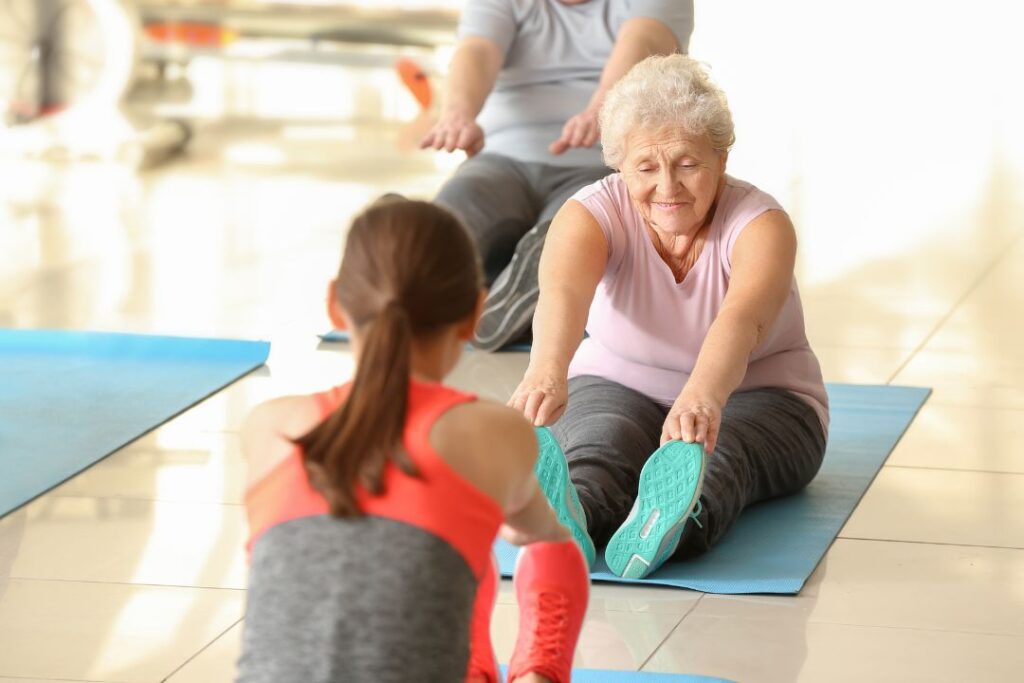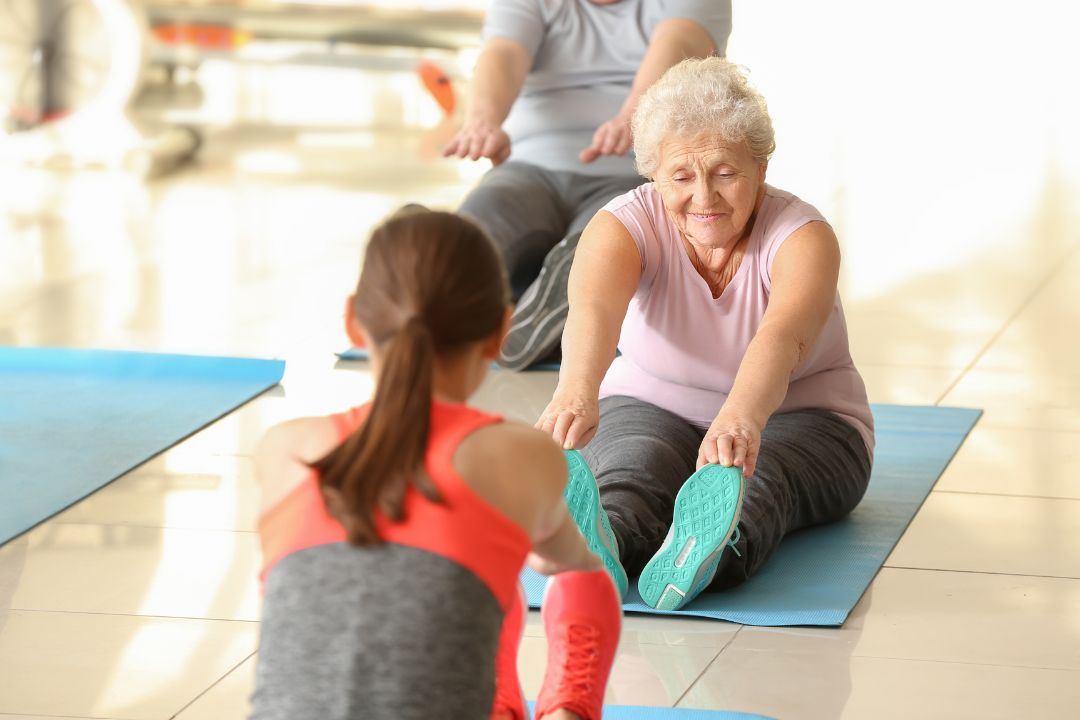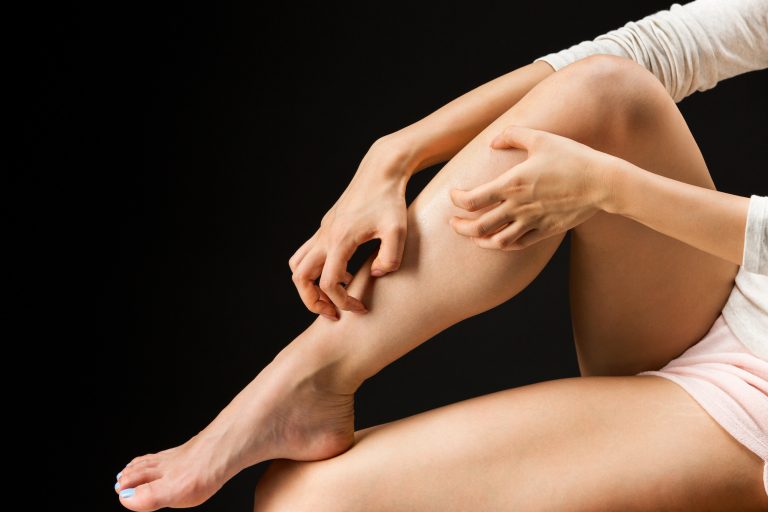Vein Health for Seniors: Essential Guide to Maintaining Healthy Veins

Optimizing Vein Health in Senior Citizens
Introduction: The Importance of Vein Health in Aging
In today’s segment of our “24 Days of Vein Health” campaign, we turn our attention to “Vein Health for Seniors.” This comprehensive guide will delve into the challenges and strategies for maintaining healthy veins in the senior population, emphasizing the importance of vascular care in the golden years.
Understanding Vein Health Challenges for Seniors
As we age, our bodies undergo numerous changes, and vein health becomes an increasingly important aspect of our overall wellness. For seniors, understanding and proactively managing vein health is crucial to prevent common conditions such as varicose veins, deep vein thrombosis (DVT), and other circulatory issues. This article offers a comprehensive look into the essentials of maintaining healthy veins during the senior years.
Understanding the Aging Vein
Aging affects the veins in several ways. The veins lose elasticity, and their valves, which prevent blood from flowing backward, become less effective. This can lead to blood pooling in the legs, a condition known as venous insufficiency. Seniors might notice symptoms like swelling, a feeling of heaviness in the legs, or even varicose veins. Regular check-ups with a healthcare provider can help monitor these changes and address any issues early on.
Strategies for Healthy Veins
Physical Activity
Regular physical activity is essential for maintaining good circulation. Activities suitable for seniors include:
- Walking: A brisk daily walk helps stimulate blood flow.
- Swimming: Offers excellent low-impact resistance and helps with leg strength and circulation.
- Leg Lifts: While seated or lying down, lifting the legs can help improve circulation.
- Cycling: Stationary cycling is a good way to get a cardiovascular workout without excessive strain.
Nutrition
A balanced diet plays a significant role in vein health. Seniors should focus on:
- Fiber-Rich Foods: Whole grains, vegetables, and fruits improve digestion and circulation.
- Antioxidants: Foods rich in antioxidants, such as berries, nuts, and green leafy vegetables, can strengthen veins.
- Hydration: Drinking plenty of water is crucial for maintaining the right blood viscosity and improving circulation.
Preventive Measures
Preventive measures are key in maintaining vein health:
- Compression Stockings: These can help improve circulation and are particularly beneficial for those with existing vein issues.
- Elevation of Legs: Elevating the legs above heart level for 15-20 minutes a day can reduce swelling and improve blood flow.
- Regular Check-Ups: Seniors should have regular medical check-ups to monitor their vein health.
Managing Existing Conditions
For seniors dealing with vein conditions like varicose veins or DVT, it’s important to follow medical advice. Treatments may include:
- Medication: Blood thinners or other medications as prescribed by a healthcare provider.
- Minimally Invasive Procedures: Treatments like sclerotherapy or laser therapy for varicose veins.
Conclusion
Maintaining vein health is a crucial aspect of aging healthily. By staying active, eating a balanced diet, and following preventive measures, seniors can significantly improve their vein health. Regular consultations with healthcare providers are also vital for monitoring and addressing any vein health issues effectively.
FAQs
What are the most common vein issues in seniors?
Common issues include varicose veins, spider veins, and chronic venous insufficiency.
How can seniors reduce the risk of varicose veins?
Regular exercise, maintaining a healthy weight, and avoiding prolonged periods of sitting or standing can help reduce the risk.
Are compression stockings safe for elderly people?
Yes, when used correctly and chosen with the right fit and compression level, they can be a safe and effective tool for managing vein health in seniors.
Can dietary changes improve vein health in seniors?
A diet rich in fiber, antioxidants, and low in salt can positively impact vein health.
Should seniors with vein issues avoid certain activities?
Seniors with vein issues should avoid activities that strain the legs excessively and focus on low-impact exercises.







